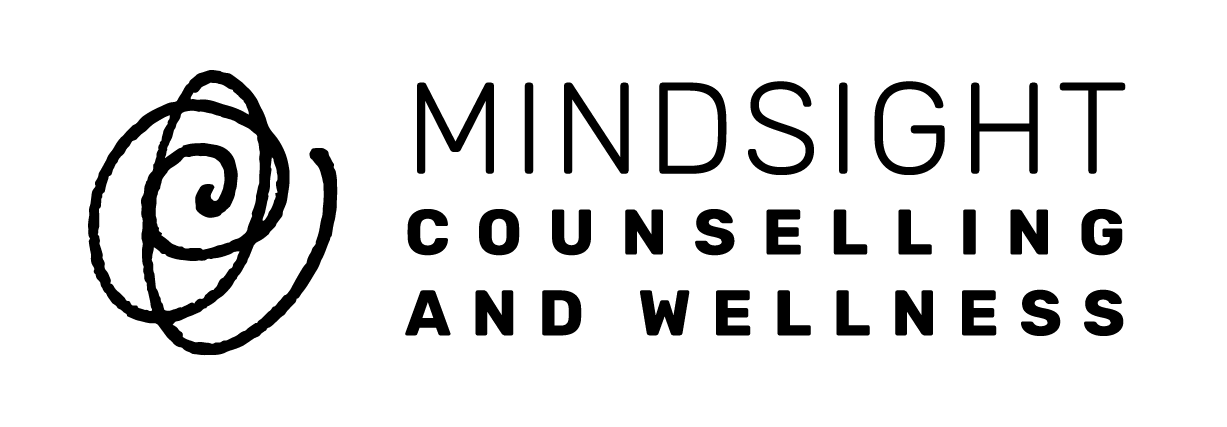Relationship Counselling in Vancouver, BC
I work with individuals and couples (as well as other relationship structures) who are ready to work on improving their important relationships.
Currently working in-person. I have a special focus of working with clients who are LGBTQ+ or those who are well-aligned with LGBTQ+ values.
Couples / Relationship counselling
Attend counselling sessions with your partner(s).
You and your partner(s) are ready to begin counselling sessions together and do the rewarding work of learning how to improve your relationship and be better teammates to each other.
Individual relationship counselling
Attend counselling sessions solo.
You or your partner are not quite ready to begin counselling sessions together, but one of you is ready to work on the relationship now. Yes, there is a lot you can do to influence the health of your relationship without your partner attending sessions. You can do even more together.
Relationship Pain
Couples, friendships, family — even co-worker relationships can cause intense pain in life. There is much you can do about it working on your own.
Relationship pain can take a variety of forms. You might feel alone, even when you are with your intimate partner. You may feel an ongoing sense of rejection. You might feel disconnected or shutdown, or like it is impossible to bring up important topics. You might even feel like the relationship is a lost cause. Or perhaps you really want to improve the relationship, but you do not know how.
For many people the most challenging and significant relationships in our lives are with our intimate partners, but difficult relationships with our friends, parents, children, and even co-workers can also cause incredible heartache or stress in our lives. Learning about our relationship patterns, improving our communication skills, and figuring out what causes us to open up — or shut down — in our relationships can help us find, create, and nurture more loving, supportive, and fulfilling relationships of all types.
Typical signs that it may be time to reach out for help with your important but challenging relationships:
feeling disempowered to make changes
feeling like you do not have a voice
frequent fighting that does not get repaired
frequent anger in either person
the presence of unresolved past conflicts continue to cause pain in the present
difficulty communicating in constructive, loving ways
difficulty communicating about topics important to you
lack of affection or sexual connection
avoiding contact with people who are important to you
feeling like a relationship feels unbalanced
fear of conflict
feeling disconnected and lonely in your relationship
the presence of name-calling, belittling, or abuse
a sense that the relationship is not growing
the impression that something is getting in the way of feeling connected, but you do not know what it is
not knowing what you want or need in a relationship
(You might find my Therapy Prep Package useful: a free resource I send when you sign up for my newsletter)
You might find yourself thinking things like:
“I am so frustrated! Why can they get me?”
“I feel lonely and unloved.”
“This constant fighting always makes things worse. It gets out of hand.”
“Are we even meant to be together? Should I end it?”
“I don’t think they even care about me.”
“I don’t know how to leave.”
“It’s all their fault. I need to fix them.”
“It is too uncomfortable to bring my important topics up.”
“We are not on the same page.”
“We keep trying to figure out the same issue over and over again.”
“It seems like we are speaking totally different languages.”
Relationships are key to our health and well-being. The importance of relationships to human well-being is now understood by scientific researchers in many fields. Humans are incredibly social animals. We literally need each other in order to be healthy.
Our relationships are, ideally, a source of support, constructive interactions, mutual care, and understanding. But we do not always know how to act and communicate in ways that support this. Things may be changing for today’s kids, but most of us grew up in households that did not teach us healthy ways of being in relationship (I wish this stuff was taught in high-school!)
How we show up in our relationships impacts whether those relationships are a source of joy and solace, OR stress and sadness.
Committing to your own growth by engaging in therapy can help you improve your intimate relationships. You can do this by attending individual counselling on your own OR by attending with your partner(s) working with a couples/relationship counsellor.
You can significantly improve your interpersonal relationships in intimate, social or work situations by shifting how you show up in them. Individual and couples/relationshop counselling are different processes, and both are effective in shifting your experience in your challenging relationships.
Sessions:
Sessions are 50 minutes in length. (Longer sessions may be requested.)
I am currently working with individuals, couples, and alternative relationship structures.
Results:
Breakthroughs in relationships can be dramatic when people engage in counselling together. I hear about significant improvements like these:
“Conflict is not as difficult to get through now. We know how to get to the other side of a conflict together, and feel connected again.”
“We really feel like we are on the same team now. And we realize that our struggles are common and normal! It’s a big relief.”
“We have tools to use when conflict comes up and have way more understanding for what the other person is going through. It’s so much easier to get back to feeling good together.”

